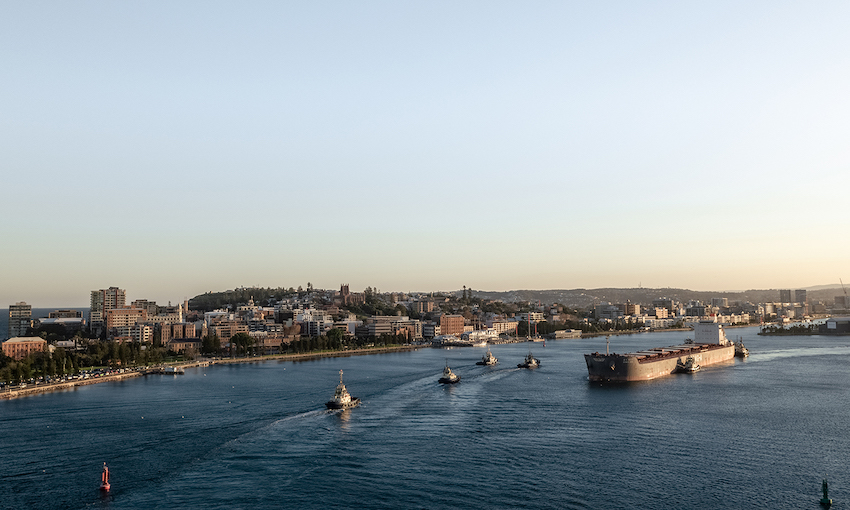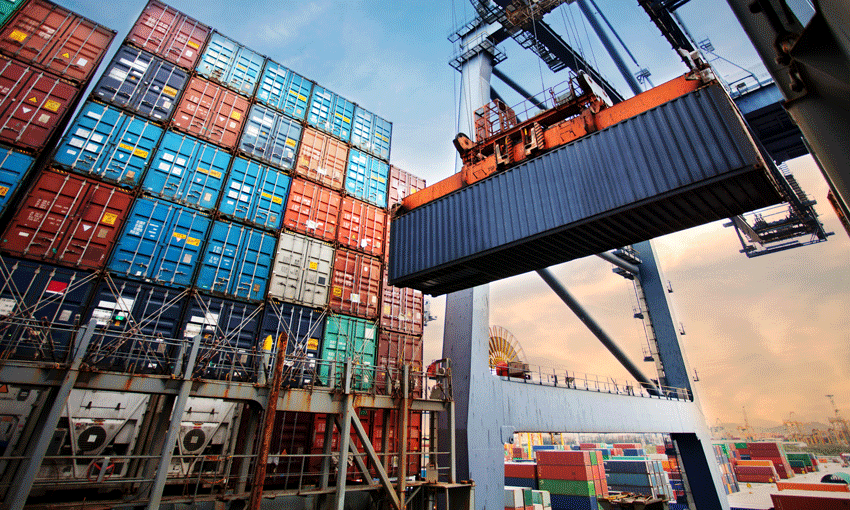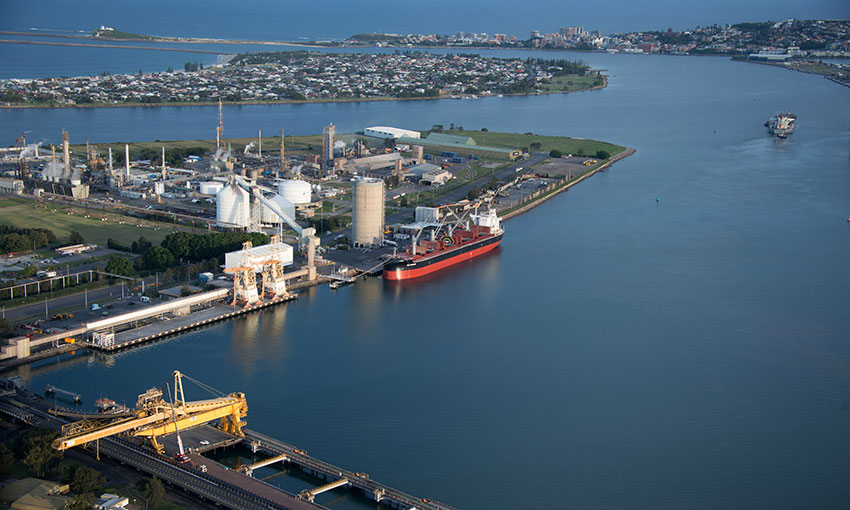A RECENT revelation in the NSW Parliament has again ignited debate about the privatisation of Australian capital city ports. When Port Botany and Port Kembla were privatised in 2013 (under a 99-year lease agreement), a clause was inserted that offered compensation to the consortium (NSW Ports) if the Port of Newcastle (PoN) were to establish a container terminal.
Under this clause PoN, which was privatised in 2014, would have to reimburse the NSW Government about $100 for every container that it would handle in excess of 30,000 TEU p.a. The NSW Government would then reimburse NSW Ports for the same amount. The Independent Pricing and Regulatory Tribunal has recently determined that the PoN needs to make a one-off payment of $13 million to the NSW Government to remove its liability to compensate the NSW Government. However, the liability of the NSW Government (i.e. the taxpayers) to compensate NSW Ports remains a figure between $600 million and $4 billion, according to NSW Treasury.
The issue of compensation has been lingering for many years and in late 2018 the Australian Competition & Consumer Commission (ACCC) instigated a court case against NSW Ports arguing that the Port Commitment Deed (source of the $100 levy) was illegal. I was an expert witness in the case arguing that a medium size container terminal in the Port of Newcastle would be viable if the $100 levy was removed. The ACCC lost the court case. In November 2022, independent member for Lake Macquarie Greg Piper raised the compensation issue in the NSW Parliament. He introduced a bill which sought to extinguish the Port of Newcastle’s contractual liability under the Port of Newcastle Port Commitment Deed, with no compensation payable to the State for removal of the reimbursement provision. This bill was further discussed and eventually passed in Parliament with the outcome as mentioned above.
The issue of privatisation of monopoly assets, such as ports and airports, has long been a vexed issue, especially if done without appropriate oversight. Most capital city ports in Australia have been privatised in the last decades, some with 50- or 99-year leases. Capital city ports are drivers of economic activity and employment in their respective states and have a captive hinterland which is tied to using this port for import and export of goods, especially containerised goods. Some people have argued that a privatised port is better for the economy as it is not subject to the vagaries of its political masters, which might change every three of four years subject to the electoral cycle. I would argue that privatised ports look at maximising profits for their shareholders, and whilst obviously benefiting from increased throughput, do not have the economic prosperity of the state as their main priority. The issue of national security has also been raised in the case of the lease of the Port of Darwin to a Chinese consortium.
Since the privatisation of ports, costs to import and export containerised, and other goods, have increased dramatically. The Port of Fremantle in Western Australia is the only capital city port that has not been privatised and is still state-owned. Although it had a narrow escape in 2016 when the Liberal Government at the time was dealing with large debts. It is interesting to note that port charges in the Port of Fremantle are about a quarter of those of ports on the East Coast. A state (or federal) owned port is also in a better position to drive modal shift, from road to rail, than a privately controlled port. This is again evident in WA where the Port of Fremantle has the largest proportion of containers moved by rail compared to east coast ports.
The Port of Rotterdam, as well as many other capital city ports in Europe, are government owned. In the case of Rotterdam, 30% by the Dutch government and 70% by the City of Rotterdam. Those ports would never consider privatisation as they drive economic activity and employment in the regions around and beyond the boundaries of the port. It will be interesting to see if and when a container terminal is built in the PoN, whether it will be viable and if it will draw container business away from Port Botany and Port Kembla.
The excerpt for this opinion piece has been amended to clarify the author’s reference to Fremantle as a state-owned container port.





